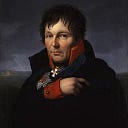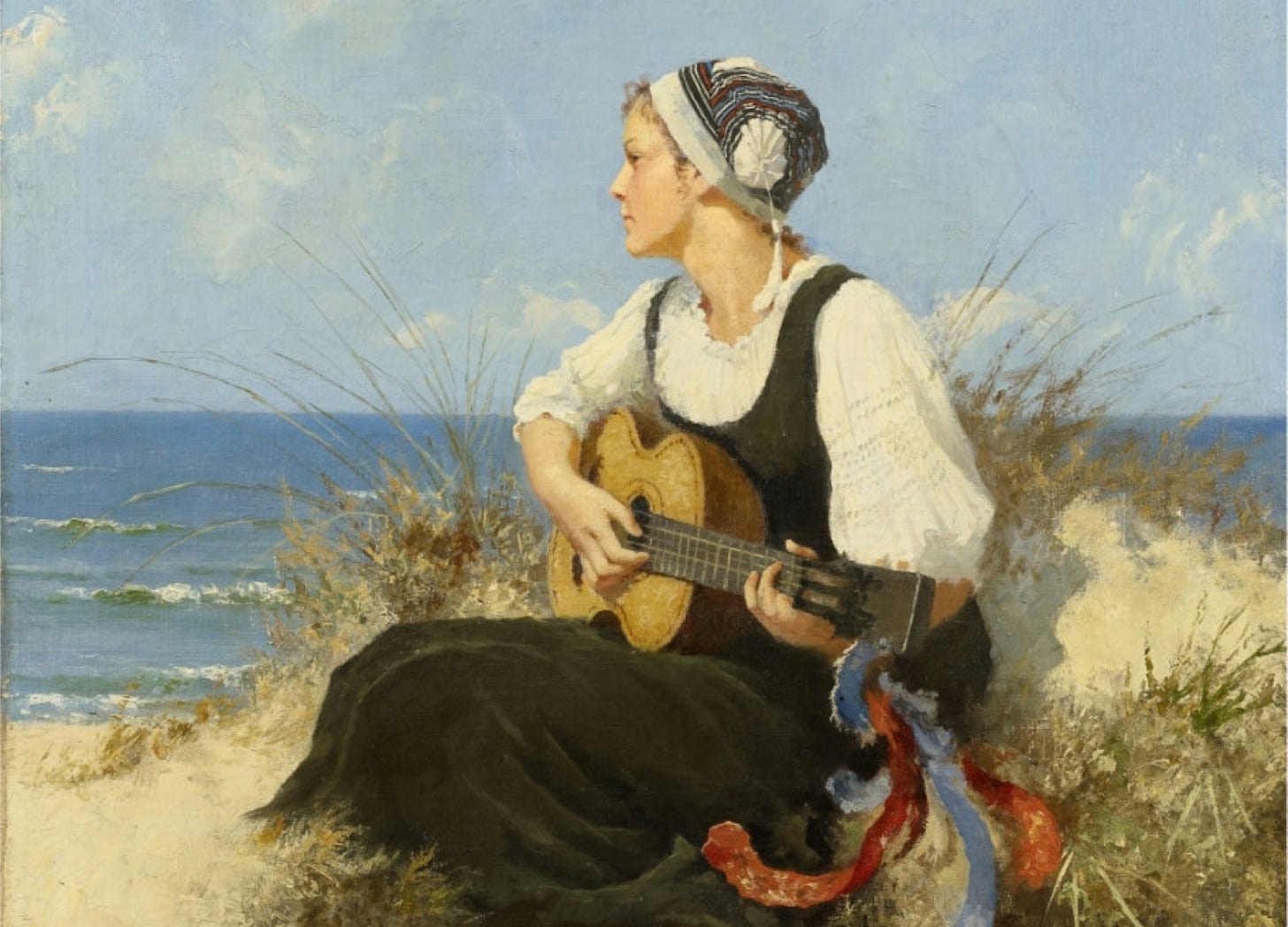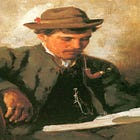

Discover more from Extra Muros
The music piped into the men’s locker room at my gym puts me in touch with contemporary culture, and, in so doing, gives me an incentive to change as quickly as I can. The songs I play at home, however, serve a more positive purpose. In addition to providing ‘the one pleasure one does not regret the next day’, they free me, if only for a moment, from the baleful influence of fashion and fads.
With this end in mind, I seek the work of singers who possess quality that I have come to call, somewhat solipsistically, ‘timelessness’. That is, when I listen to a performance, I’d rather not tie it to any particular period of my life. Rather, I would like to be free to imagine the song in question playing at any time within the last five decades or so.
Elle Cordoba, who recently retired the stage name of ‘Reina del Cid’, meets (and, at times, exceeds) this expectation. When she performs works of her own creation, she sings of matters, like stars and space, the trouper’s life and lopsided love, that no one can stamp with a sell-by date. When she sings songs made familiar by others, she does so in ways that free them from their eras of origin.
The original songs penned by Miss Cordoba betray a powerful fondness for tales, tropes, and fictional figures of enduring influence. Thus, in Hallow’s Eve, the Werewolves of London and the creature-featured characters who danced The Monster Mash back in 1962 keep company with Beowulf’s wrestling partner, several figures from Greek mythology, and the ill-stared Mrs. Rochester. (The last-named was, if memory serves, the incendiary antagonist of the eponymous heroine of Jane Eyre.) Likewise, the first-person narrator of Library Girl dreams of using the oeuvre of Willa Cather and the opere of Giacomo Puccini to liberate the lowbrow object of her distant desire from the prison of his painfully parochial tastes.
The contents of Cordoba’s home-brewed repertoire also provide ample evidence of her love for speculative fiction and, in particular, the bookish borderlands where the hard-boiled world of science fact overlaps with the ethereal realm of science fancy. Indeed, if asked to choose my favorite entry in the aforementioned catalogue, I would be hard pressed to choose between a star-studded paean to the solitude of space and a high-energy ballad about the eldritch events that took place in Roswell, New Mexico, in 1947.
The temporal independence of the exogenic songs that Elle Cordoba sings owes much to something that, in my ignorance of the proper term of art, I have come to call “economy of instrumentation.” While she often performs in company with talented musicians, chief of whom is her long-time collaborator Toni Lindgrin, she usually sings without the sort of backup that produced the signature sound of a particular period.
To Subscribe, Support, or Share:
Subscribe to Extra Muros
Extra Muros explores ways people can obtain the benefits of higher education while remaining "outside the walls" of our dying universities.


















Cassiopeia reminds me of when I dreamed of going to Mars someday. Then, I figured I'd work in aerospace, which I did for awhile. Then, I hoped I'd at least go to the moon as a tourist in my lifetime. Now I'm old enough, and though we're finally starting to make headway again, seems like that's off the table too.